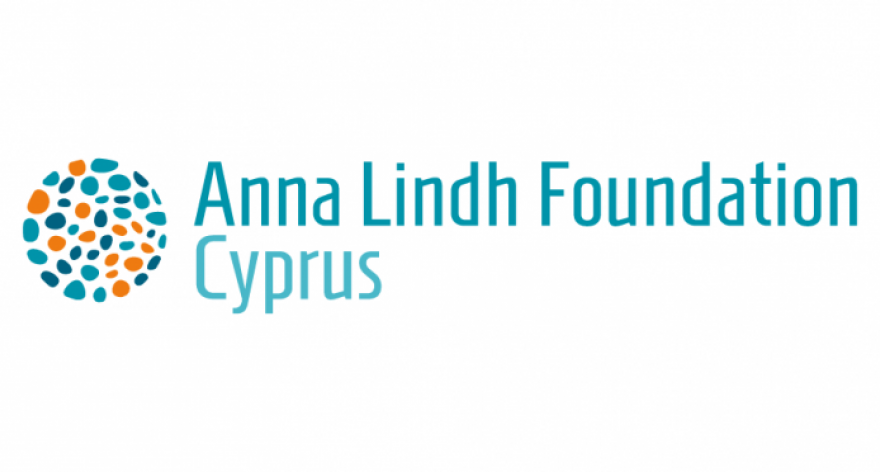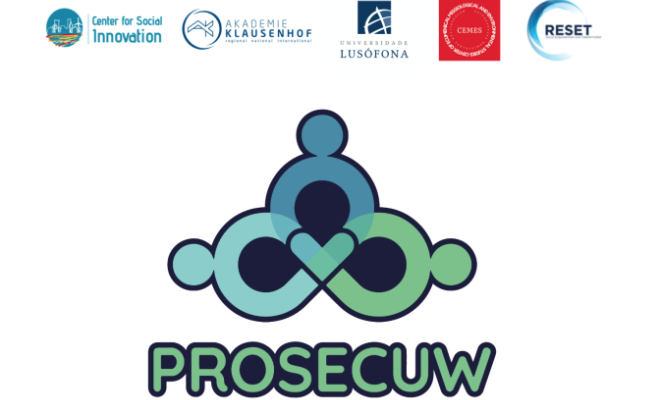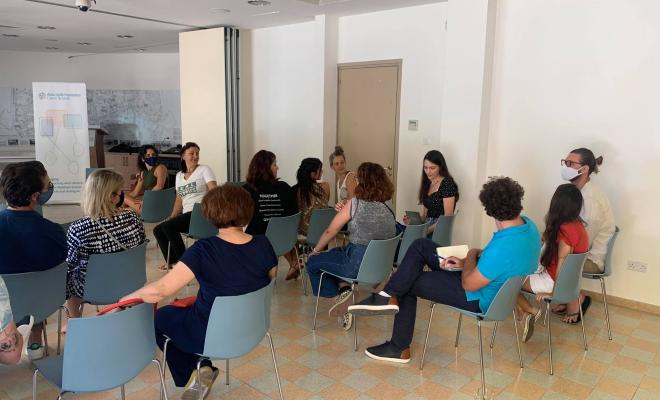
The Anna Lindh Foundation Cyprus Network engages civil society organisations and other entities within the island in local, national, and regional cross-cultural cooperation and learning. Established in 2005, the growing Cyprus Network counts over 50 members, reflecting the diversity of the Cypriot civic space and including members that are civil society organisations, private and public entities, research centres, and informal groups.
The aim of the Network is to create synergies and build bridges among citizens and to support and promote activities aiming at discovering and understanding multiculturalism both in Cyprus and the EuroMediterranean region. In line with the ALF mission and priorities, the Network promotes the development of synergies with organisations from all the countries where the Foundation has a presence, disseminates information about the opportunities and possibilities for cooperation and learning that are available, and organises member meetings, debates, capacity-building initiatives, and networking events.
The Anna Lindh Cyprus Network was established in 2005. The network has been coordinated by the NGO Support Centre and Rooftop Theatre since 2017. Both organisations have extensive experience in managing programmes and initiatives that strengthen civil society and civic engagement at national, regional, and European levels.



